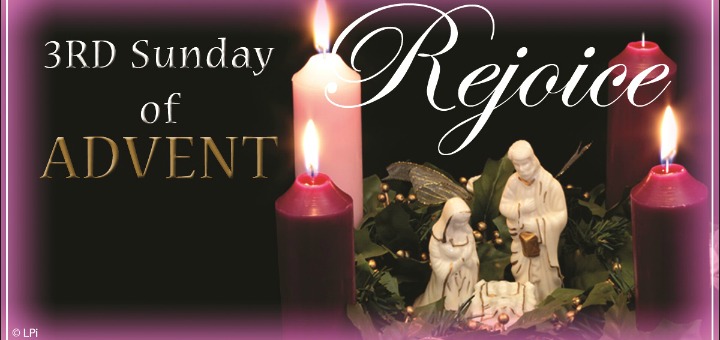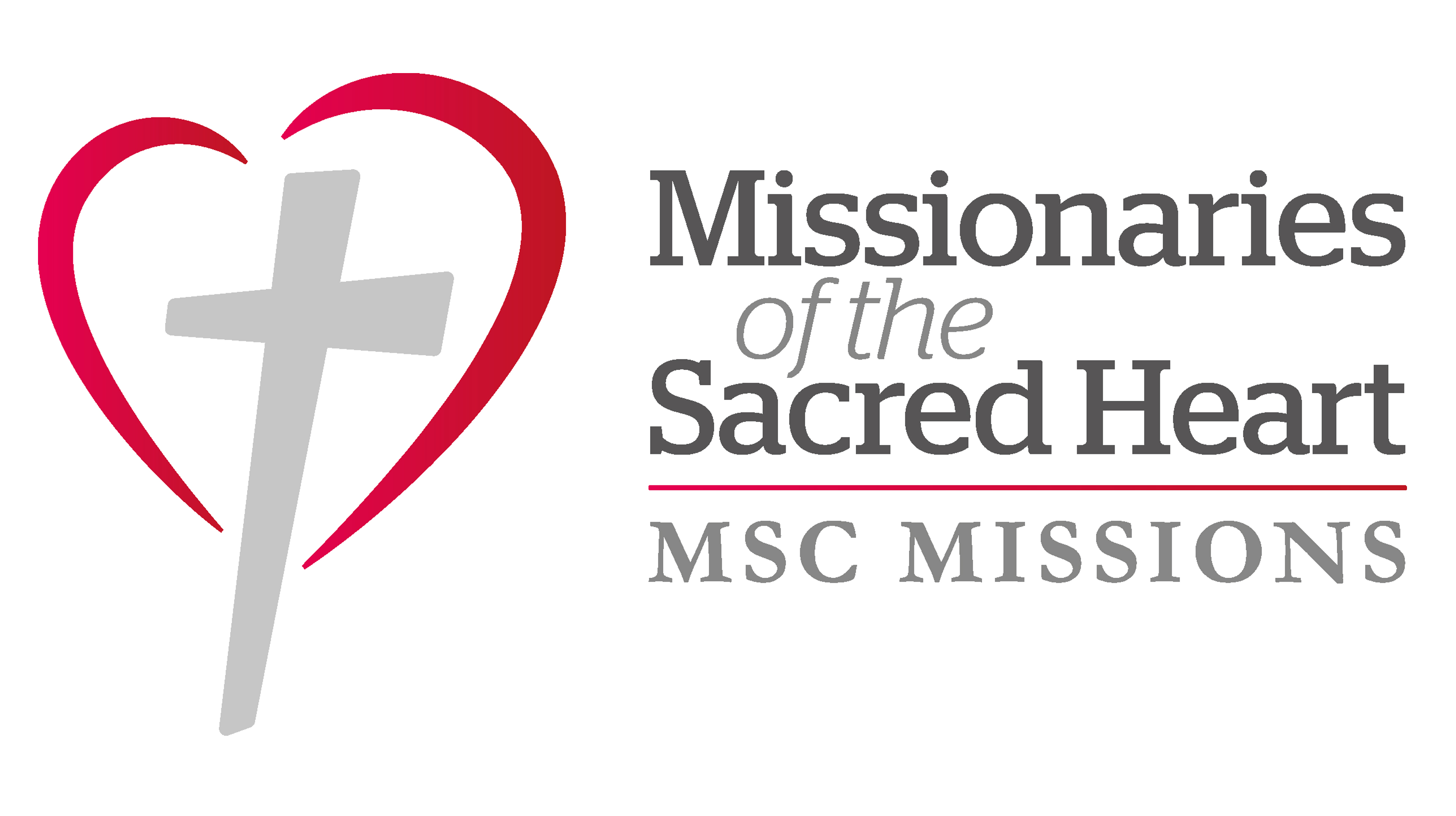Reflection & Dialogue: Joy of Christian believing, and loathing on its rejection
Gospel (John 1:6-8, 19-28). There stands among you – unknown to you – the one who is coming after me.

This third Sunday in Advent has been traditionally known in the Latin liturgy as Gaudete Sunday, from the opening word of the entrance antiphon Gaudete¸”Rejoice”, from the letter to the Philippians 4:4-7, a text given in full in the earlier Latin liturgy and still used in part in the present entrance antiphon, and still as reading two in year 3 of the present lectionary. The text of Philippians 4:4-7 is as follows: “Rejoice in the Lord always; again I will say, Rejoice. Let your gentleness be known to everyone. The Lord is near. Do not worry about anything, but in everything by prayer and supplication with thanksgiving let your requests be made known to God. And the peace of God, which surpasses all understanding, will guard your hearts and your minds in Christ Jesus.” Paul expresses the same sentiments in his very first letter, written to the Thessalonians, given as today’s second reading: “Rejoice always; pray without ceasing”.
The Gospel reading from the Gospel of John is about John the Baptist’s witness to Christ, as the One who was yet to come. John was not the Messiah, the Christ, but the forerunner to be witness to him. Later in the same Gospel (John 3:28-30) the Baptist will bear similar witness to Jesus, with mention of his joy that t he Saviour has come: “You yourselves are my witnesses that I said: ‘I am not the Messiah, but I have been sent ahead of him. He who has the bride is the bridegroom. The friend of t he bridegroom stands and hears him, rejoices greatly at the bridegroom’s voice. For this reason my joy has been fulfilled’”.
Today’s readings invite us to reflect on the importance of rejoicing, of joy, in Christian life, in human life, and of the close connection between joy and the coming of Christ into our world, and on Christ’s own emphasis on the joy of believing in him and his mission. At his birth, recalled at Christmas, the Angel declared to the shepherds that with this was bring good news of great joy for all the people. Jesus himself rejoiced in the Holy Spirit and thanked his Father, Lord of heaven and earth, that he had hidden the mysteries of salvation from the wise and intelligent and revealed them to infants, that is to his own followers. Christian joy is connected with the new age revealed in Christ and his Church.
The theme of joy is prominent in Jesus’ prayers and teachings as presented in the Fourth Gospel. Jesus prays that his own joy may be in his disciples and that their joy may be full. He forewarns them that in this world they will have trials, but after trials their sorrow will turn into joy. Their hearts will rejoice and they will have a joy that no one can take from them. The disciples are asked by Jesus to pray (to the Father) that their joy may be full, and their prayer will be heard. The Beatitudes end by linking persecution with joy. Blessed, happy, are the followers of Christ when ill-treated and persecuted on account of the Son of Man. They should rejoice in that day and leap for joy, for surely their reward is great in heaven. It is clear from these texts that Christian joy is rooted in belief in Jesus Christ and in the new age that has come with him and continues in the Church which he has founded. This joy goes with love and respect from the Church.
This love for the faith, and the joy that accompanies it, has been a central part of the Christian heritage down through the centuries. It has also been very much part of the Irish tradition right from the beginning. Matters have been changing very much in the older western world over recent centuries, and in Ireland over the past decades. Christianity has been abandoned by a number of the learned class, and more recently by the general public. In some writers there is a quest for redemption, but not that of Christian tradition, a form of redemption and hope in mankind’s ability to show compassion, love and find an individual spirituality.
On this Gaudete, Rejoice Sunday, it is well to recall the hatred can be produced in some who reject the salvation, the redemption, brought by Christ and still proclaimed by the Church. Dialogue might help bridge the gap between the two visions of life here and beyond.
Martin McNamara MSC
